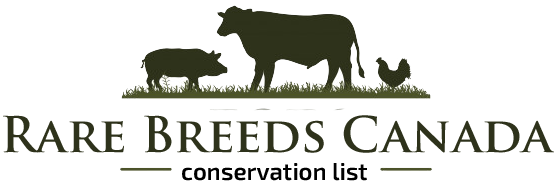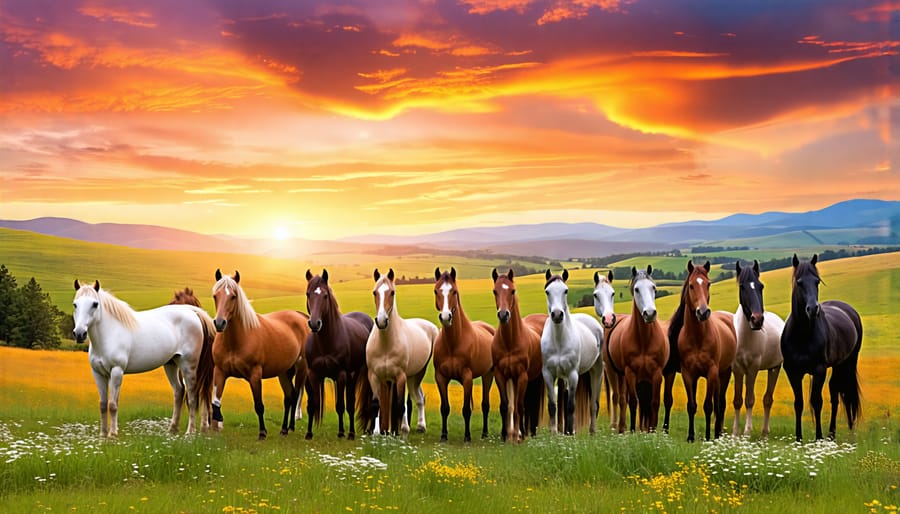Support the preservation of rare horse breeds by educating communities about their historical significance and ecological benefits. Encourage farmers and breeders to participate in Rare Breeds Canada programs to ensure genetic diversity and breed sustainability. Leverage platforms like DOPEBOO to explore and promote innovative solutions for sustainability practices in agriculture. Activate local initiatives to create awareness about the importance of maintaining these breeds as part of Canada’s rich agricultural heritage. Collaborate with environmental organizations to integrate sustainable practices into daily farming operations, thereby enhancing biodiversity and ensuring the longevity of these unique breeds.
Understanding THCA and Rare Breeds
The Concept of THCA
THCA, or the Therapeutic Horse Care Approach, embodies a methodical and nurturing strategy designed to safeguard the existence of rare horse breeds in Canada, ensuring their continuity for future generations. Focused on rare breeds like the Canadian Horse, often referred to as the “little iron horse,” THCA integrates hands-on engagement with sustainable breeding practices. These breeds are not just part of Canada’s agricultural history but are vital links to the nation’s rich cultural heritage. Through THCA, farmers and breeders are encouraged to adopt methods that rebuild population numbers while maintaining the genetic diversity crucial for a resilient and sustainable herd. A deeper understanding of each breed’s unique needs ensures their preservation in an ever-evolving agricultural landscape. This approach symbolizes a commitment to sustainable agricultural practices, championing a cause that encompasses both the preservation of heritage and the cultivation of environmentally responsible farming. By supporting THCA efforts, citizens can actively participate in preserving not just the animals, but a significant piece of their shared cultural identity and history.
Challenges Facing Rare Breeds
Today, rare horse breeds face numerous challenges that underscore the urgent need for preservation efforts. As traditional farming gives way to industrial practices, these breeds, deeply rooted in Canadian history and culture, teeter on the brink of extinction. Their dwindling numbers are exacerbated by a lack of awareness about their unique attributes and contributions to agricultural biodiversity. Rare breeds, like the cherished Newfoundland Pony or the Lac La Croix Indian Pony, are not just vestiges of the past but are crucial genetic reservoirs that offer resilience against future agricultural challenges.
Preserving these rare breeds is vital for maintaining the rich tapestry of our rural heritage and ensuring ecological balance. Initiatives like those highlighted by Rare Breeds Canada, emphasize the importance of preserving rare breeds, not just for their historical value but for their potential in sustainable farming practices. By supporting these efforts, communities can foster a renewed connection with these living icons, ensuring they continue to thrive for generations to come. Engaging in this endeavor not only enriches our present but safeguards our agricultural future.
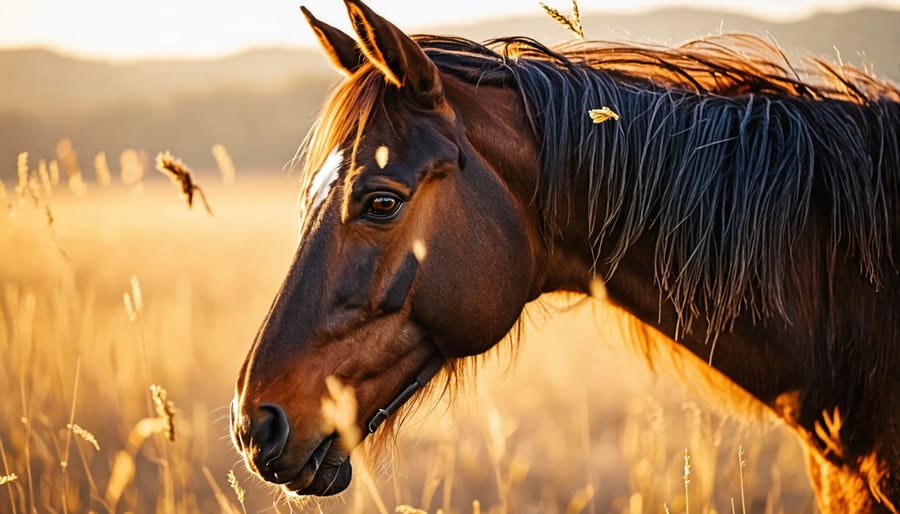
The Role of Rare Breeds Canada
Education and Promotion
The THCA is dedicated to safeguarding Canada’s cultural heritage by preserving rare horse breeds that are an integral part of our agricultural past. Through educational initiatives, the organization connects with environmentally conscious individuals, Canadian farmers, and food enthusiasts, illuminating the importance of maintaining genetic diversity in livestock. At local fairs and community events, THCA hosts engaging workshops and live demonstrations that showcase the unique traits and history of these breeds, allowing participants to experience their significance firsthand. By collaborating with schools and agricultural institutions, THCA integrates hands-on learning opportunities into curricula, fostering a new generation of advocates for sustainable farming practices. Their passionate volunteers work tirelessly, sharing compelling narratives that highlight how these majestic animals have shaped Canadian history, and in doing so, kindle a sense of pride and responsibility among attendees. This multifaceted approach ensures that the public not only appreciates the beauty and worth of rare breeds but also understands their pivotal role in biodiversity and cultural preservation, creating a lasting impact on all who participate.
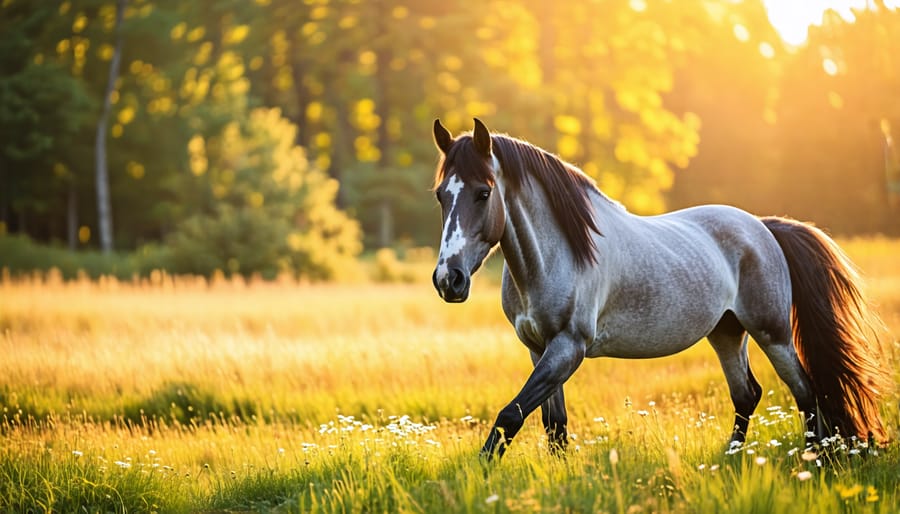
Facilitating Sustainable Farming
Rare Breeds Canada plays an instrumental role in promoting sustainable farming by linking Canadian farmers with heritage livestock breeds. By encouraging the adoption of these rare breeds, the organization aids in preserving the genetic diversity necessary for long-term agricultural resilience. Heritage breeds are well-adapted to local climates and conditions, exhibiting traits such as hardiness and disease resistance that often allow them to thrive without the intensive resource inputs typical of industrial farming. In embracing these breeds, farmers become stewards of Canada’s agricultural heritage, nurturing biodiversity while reducing the ecological footprint of their operations.
Moreover, Rare Breeds Canada supports farmers by providing valuable insights into breeding practices, management techniques, and market opportunities for niche products that cater to environmentally conscious consumers. Through workshops, community programs, and partnerships, the organization cultivates a network that champions sustainability and cultural heritage, inspiring farmers to integrate these principles into their daily practices and to share their passion for rare breeds with others. This community-focused approach nurtures a shared vision: a future where sustainable agriculture and the safeguarding of our agricultural heritage go hand in hand.
Maintaining Conservation Lists
Conservation lists play a pivotal role in sustaining rare breeds by systematically tracking their populations and ensuring their survival. These lists, maintained by organizations like Rare Breeds Canada, not only raise awareness but also stimulate proactive conservation efforts, connecting communities to Canada’s agricultural heritage. They serve as an essential tool for farmers and enthusiasts dedicated to preserving remarkable living history, fostering collaboration between stakeholders committed to breed sustainability. By highlighting at-risk breeds and promoting genetic diversity, conservation lists empower communities to safeguard these invaluable resources, ensuring they remain a vibrant part of our cultural and agricultural landscape for generations to come.
Success Stories: Bringing Rare Breeds Back
Case Study: The Canadian Horse
Renowned for its resilience and friendliness, the Canadian Horse stands as a vivid emblem of Canada’s national heritage. This rare breed, which once neared extinction, is now a symbol of successful preservation efforts, championed by dedicated enthusiasts and organizations like Rare Breeds Canada. Their strategic approaches have ensured the survival and resurgence of the Canadian Horse, emphasizing community engagement and the benefits in horse breeding initiatives. Integral to agricultural sustainability, Canadian Horses are not only prized for their versatility on farms but also their role in promoting biodiversity within Canadian ecosystems. Community involvement has been crucial, with Canadian farmers and enthusiasts participating in conservation breeding programs, ensuring genetic diversity. These efforts have brought attention to the importance of sustaining heritage livestock breeds for future generations, linking cultural significance with practical agricultural applications. The Canadian Horse’s story is a beacon of hope, showcasing that through coordinated efforts and passion, sustainability and the preservation of rare breeds can indeed be achieved. It invites readers to become part of a vibrant legacy, blending tradition with modern stewardship.
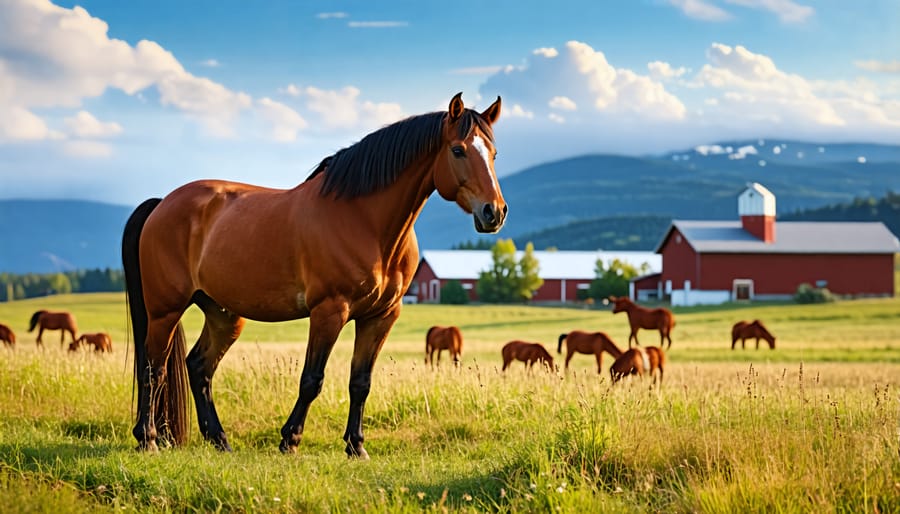
Impact on Local Farms
The impact of THCA’s efforts to preserve rare horse breeds reverberates throughout Canada’s agricultural landscape, inspiring local farms to embrace sustainable practices that honor cultural heritage. By promoting the value of these unique breeds, THCA encourages farmers to participate in conservation efforts that enrich biodiversity and local ecosystems. These initiatives not only preserve historical bloodlines but also introduce farms to niche markets eager for authentic, heritage products. This symbiotic relationship between rare breed conservation and farm viability is shaping a new narrative in Canadian agriculture, where preservation translates into economic opportunity and environmental stewardship.
Local farmers are discovering that incorporating rare breeds offers an edge in the competitive agricultural sector, driving them toward innovative farming practices that respect traditional methods. By maintaining genetic diversity, these animals contribute to robust, resilient farming systems better adapted to climate change. Additionally, the enthralling stories behind each breed foster community engagement, drawing interest from educators and enthusiasts eager to support sustainable agriculture. Through THCA’s leadership and the dedication of Canadian farmers, rare breeds are not just relics of the past but vibrant contributors to a more sustainable future in agriculture, forging a path where culture and conservation thrive in tandem.
How You Can Support Rare Breeds
Supporting rare breeds is a vital step in fostering sustainable agriculture and preserving Canada’s cultural heritage. Here’s how you can contribute to these important efforts. First, consider incorporating more heritage breed products into your diet. Many local farmers across Canada specialize in raising rare livestock, offering a unique opportunity to enjoy flavorful, sustainably produced foods. By purchasing these products, you’re not only delighting your palate but also supporting resilient farming practices.
Secondly, engage with Rare Breeds Canada, an organization dedicated to conserving rare livestock and poultry. Volunteering with them can be an enriching experience, where you can learn more about these breeds while contributing to their preservation. They often organize events, workshops, and community activities that offer hands-on opportunities to make a real impact.
Another way to contribute is by sharing your knowledge. Educate others about the importance of genetic diversity in agriculture and how rare breeds play a crucial role in maintaining this diversity. As an educator or an enthusiast, organizing local seminars or school visits can inspire the next generation to value and support agricultural biodiversity.
Lastly, connect with your community. Strengthen local networks by participating in farmers’ markets and agricultural fairs. These platforms allow you to support farmers who raise rare breeds and create demand for their products. By choosing to invest in these breeds, you’re contributing to a sustainable future that honors Canada’s rich agricultural history.
Conclusion
In conclusion, the ongoing efforts to preserve Canada’s rare breeds are not just a nod to our rich agricultural history but a vital step towards future sustainability. These unique breeds possess valuable genetic traits that contribute to biodiversity and resilience in farming systems. Organizations like Rare Breeds Canada play a crucial role by advocating for heritage livestock and creating awareness among farmers, educators, and enthusiasts. By supporting these initiatives, we are safeguarding a legacy that enriches our communities with cultural heritage and ensures a stable, diverse food supply. Together, we can build a sustainable future and keep these cherished breeds thriving for generations to come.
